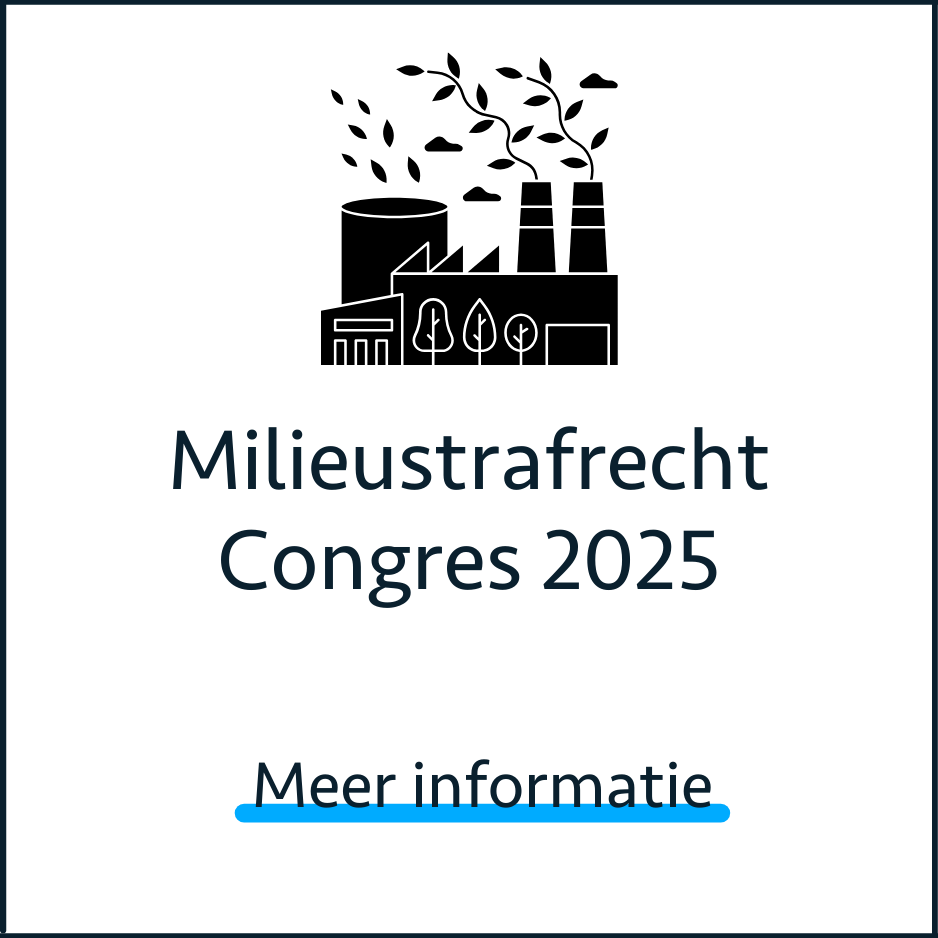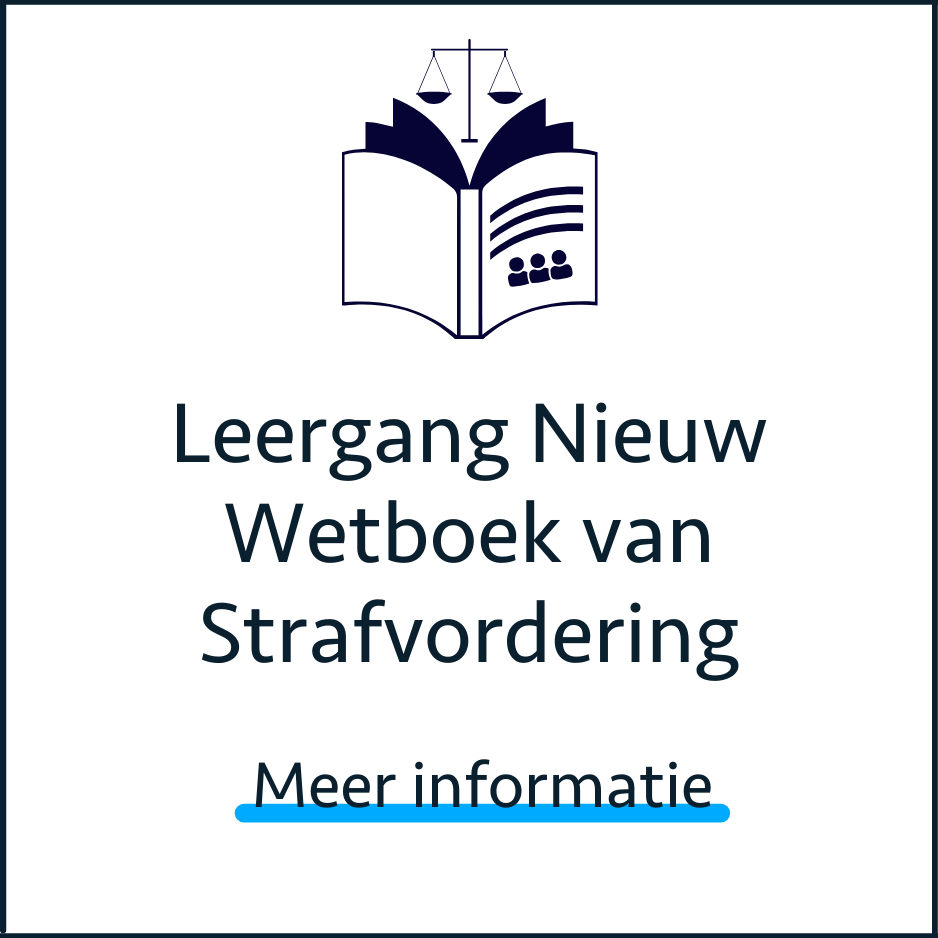Geen schriftvereiste voor erkenning Europees Onderzoeksbevel
/Hoge Raad 9 september 2025, ECLI:NL:HR:2025:1234
De Hoge Raad oordeelt dat de erkenning van een Europees Onderzoeksbevel (EOB) niet schriftelijk hoeft te worden vastgelegd. Een mondelinge mededeling van de officier van justitie volstaat, mits duidelijk is dat het EOB is beoordeeld en erkend. De rechtbank mocht daarom afgaan op de verklaring van de officier van justitie in raadkamer. Er is geen schending van wet- of EU-recht. Het cassatieberoep wordt verworpen.
Read More










